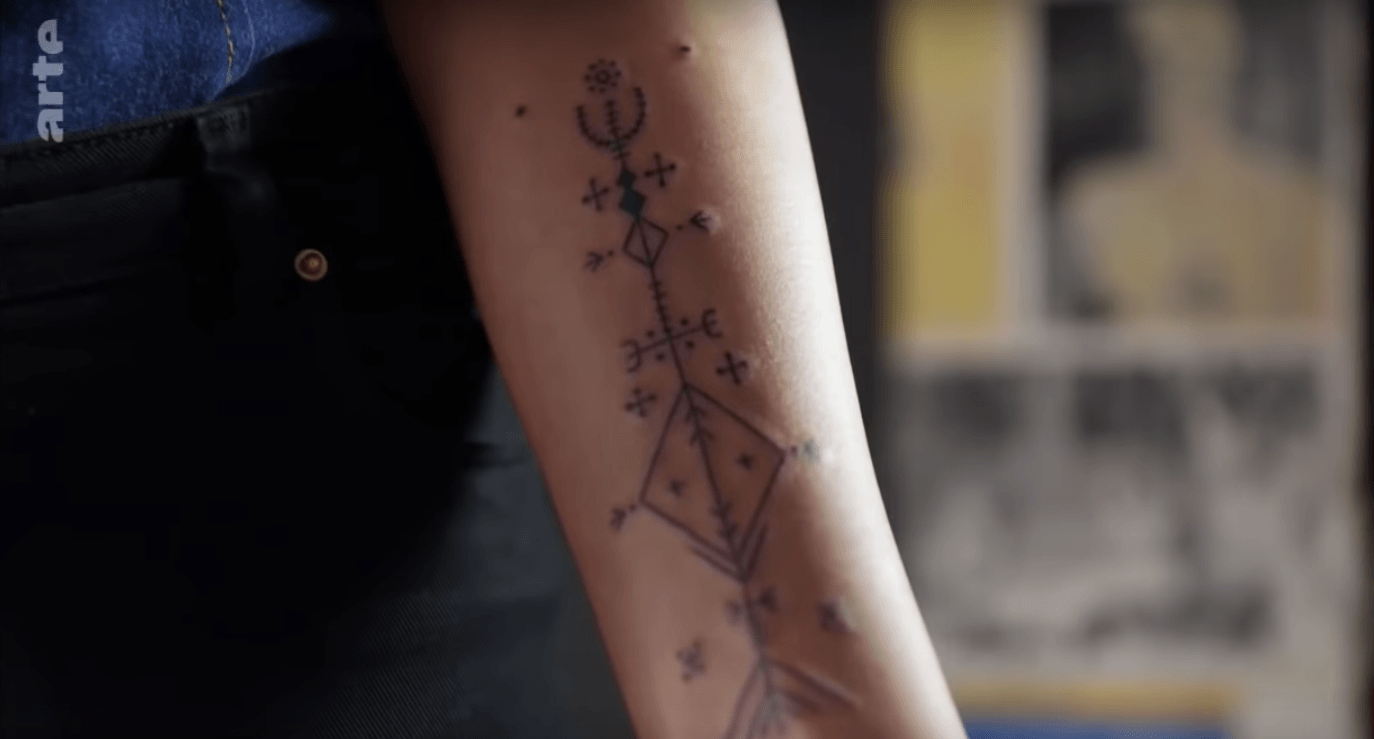The Amazigh people, indigenous to North Africa, have a rich cultural heritage that extends back thousands of years. One fascinating aspect of their culture is the art of Amazigh also known as Berber tattoos. These intricate and symbolic tattoos have served as a means of self-expression, identity, and connection to tradition for generations. In this article, we will explore the history, cultural significance, and revival of old Amazigh tattoos.
A Timeless Tradition
Amazigh tattoos, have been an integral part of Amazigh culture for centuries and often you will find symbols from Tifinagh, the term “Tifinagh” refers to the ancient script of the Amazigh people, which has been used for writing and inscriptions. Tifinagh tattoos typically feature geometric and abstract patterns inspired by this script.
Historically, Amazigh tattoos were worn by both men and women, and the designs often conveyed information about the individual’s identity, tribe, social status, and life experiences. These tattoos were applied by skilled tattoo artists using traditional methods involving needles or thorns and a mixture of natural pigments.
Cultural Significance
Berber tattoos held deep cultural significance. They were not just ornamental; they were a visual language that communicated the wearer’s history and social standing. Different tribes and regions had their own distinct tattoo traditions, each with unique symbols and patterns.
Tattoos were often applied during significant life events, such as coming of age ceremonies, marriages, or as a rite of passage. Women, in particular, had specific tattoo patterns that indicated their marital status and familial background.
Revival of Amazigh Tattoos
While the practice of traditional Berber tattoos has waned over the years due to changing cultural norms and external influences, there has been a revival of interest in recent times. Many Amazigh communities and individuals are working to preserve this ancient art form and its cultural heritage.
In urban centers and art galleries, Amazigh tattoo artists are gaining recognition for their skills, offering contemporary interpretations of these ancient designs. These modern Amazigh tattoos often incorporate traditional motifs into innovative and artistic compositions, appealing to people interested in both the aesthetic and cultural aspects.
In some cases, Berber tattoos have also gained popularity among individuals from diverse backgrounds who appreciate their timeless beauty and cultural significance. These tattoos serve as a way to honor and respect the rich history of the Amazigh people.
Old Berber tattoos are a testament to the enduring cultural heritage of the Amazigh people of North Africa. These tattoos, with their intricate designs and deep symbolism, have played a vital role in the lives of Berber individuals for generations. As Amazigh communities work to revive and preserve this ancient tradition, the art of Berber tattoos continues to captivate and inspire people worldwide. It serves as a reminder of the importance of preserving and celebrating the diverse cultural practices that enrich our world.

